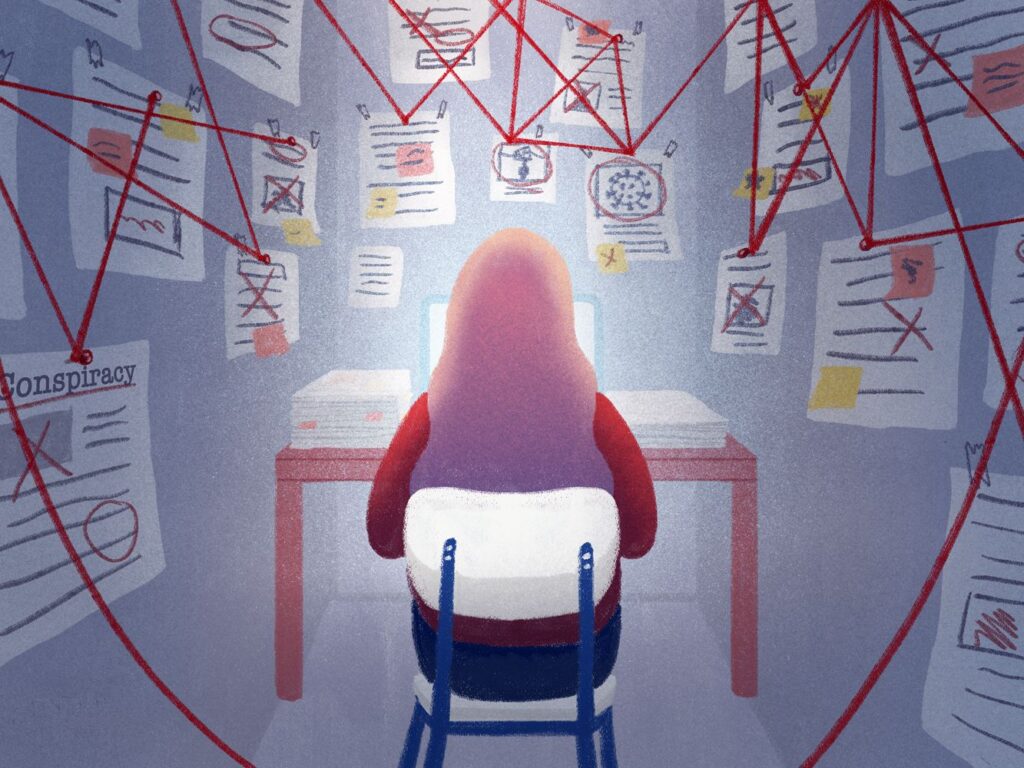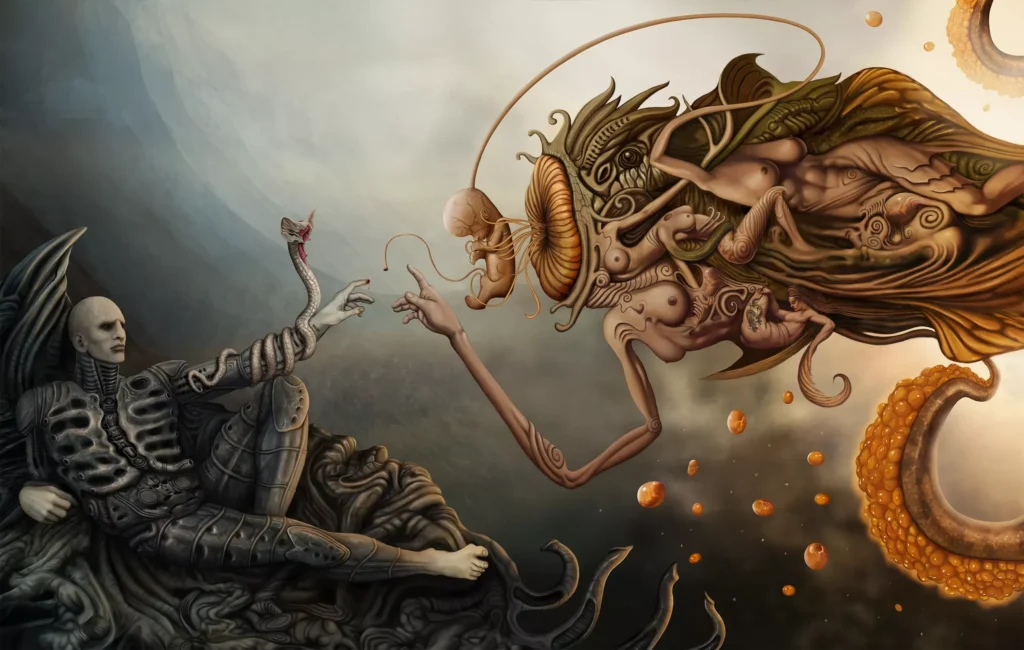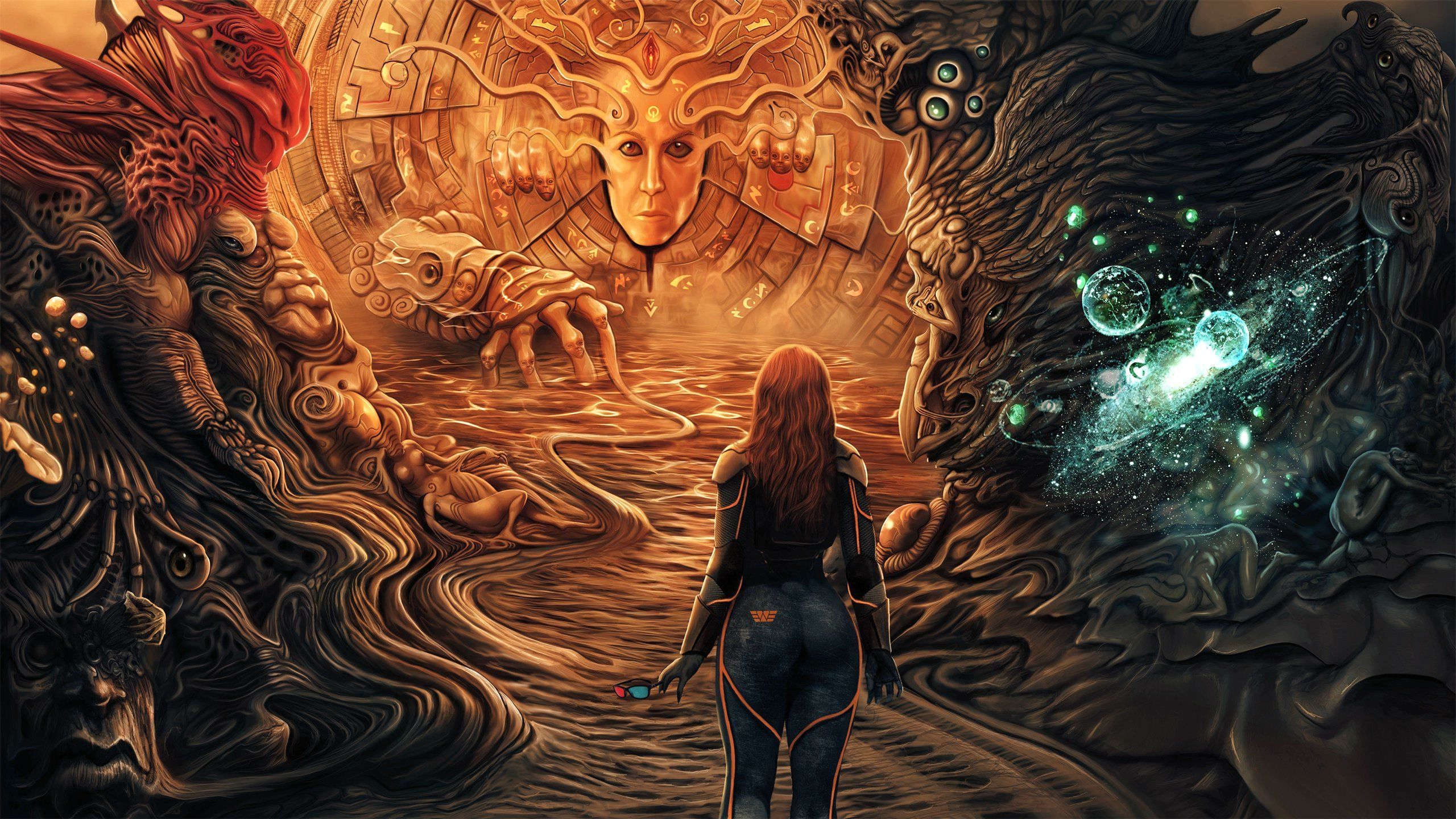Laughter is often said to be the best medicine, and humorous fiction is the literary prescription that delivers it. But what exactly is humorous fiction? How does it tickle our funny bones while still telling a compelling story? Whether you’re a reader looking for your next belly laugh or a writer wanting to craft stories that amuse and delight, this article will dive deep into the world of humorous fiction, exploring its characteristics, types, and why it remains an enduring favorite in the literary world.
1. Defining Humorous Fiction
Humorous fiction is a genre that aims to entertain readers through the use of humor. It encompasses stories that incorporate comedic elements to provoke laughter and amusement, often highlighting the absurdities of life, character quirks, and witty dialogue. Think of it as the literary equivalent of a comedy movie, where the primary goal is to make you laugh while still delivering a compelling narrative.
2. The History of Humorous Fiction
Humor in literature is nothing new. From the satirical works of ancient Greek playwright Aristophanes to the witty prose of Jane Austen, humorous fiction has a long and storied history. Over the centuries, it has evolved to reflect the changing tastes and sensibilities of society, yet its core purpose remains the same: to amuse and entertain.
3. Key Characteristics of Humorous Fiction
What makes a book humorous? Here are some key characteristics:
- Witty Dialogue: Sharp, clever exchanges between characters.
- Absurd Situations: Scenarios that are exaggerated to the point of being ridiculous.
- Satire and Parody: Critiquing society, politics, or culture in a humorous way.
- Relatable Humor: Situations and characters that readers can identify with, often highlighting the humor in everyday life.
4. Types of Humorous Fiction

Humorous fiction comes in many flavors, each with its unique style and approach to eliciting laughs. Here are a few types:
- Satirical Fiction: Uses humor to critique and expose the follies and vices of society.
- Parodic Fiction: Mimics other works or genres in a humorous way.
- Farce: Features exaggerated and improbable situations, often with slapstick elements.
- Dark Comedy: Combines humor with darker, more serious themes.
5. Notable Authors and Works
Humorous fiction has produced some of the most beloved authors and books in literary history. Here are a few notable examples:
- Mark Twain: Known for his sharp wit and satirical edge in works like The Adventures of Tom Sawyer and The Adventures of Huckleberry Finn.
- P.G. Wodehouse: Famous for his humorous tales of the bumbling Bertie Wooster and his unflappable valet, Jeeves.
- Douglas Adams: His Hitchhiker’s Guide to the Galaxy series is a classic example of science fiction comedy.
6. The Role of Humor in Storytelling
Humor can serve various roles in a story:
- Character Development: Reveals personality traits and makes characters more relatable.
- Relief: Provides a break from tension in more serious narratives.
- Critique: Offers a way to discuss serious topics in a less confrontational manner.
- Engagement: Keeps readers entertained and invested in the story.
7. Techniques for Writing Humorous Fiction
Writing humor is an art. Here are some techniques to help:
- Timing and Pacing: Knowing when to deliver a punchline is crucial.
- Wordplay: Puns, malapropisms, and clever word choices add a layer of humor.
- Exaggeration: Amplifying traits, situations, or dialogue for comedic effect.
- Surprise: Unexpected twists or punchlines that catch the reader off guard.
8. Common Themes in Humorous Fiction
Humorous fiction often explores themes that resonate with readers:
- The Absurdity of Life: Highlighting the ridiculousness of everyday situations.
- Social Satire: Critiquing societal norms and behaviors.
- Human Folly: Focusing on the quirks and flaws of individuals.
9. The Appeal of Humorous Fiction

Why do readers love humorous fiction? It’s simple: it makes us laugh. Laughter is a universal language that brings joy and relief, making humorous fiction a favorite among readers of all ages and backgrounds. It provides a welcome escape from the stresses of daily life and allows us to see the world through a more lighthearted lens.
10. The Impact of Humorous Fiction on Readers
Humorous fiction can have a profound impact on readers. It not only entertains but also offers new perspectives, challenges preconceived notions, and fosters empathy by allowing us to laugh at our own and others’ foibles. It can also be a powerful tool for social commentary, using humor to highlight important issues and provoke thought.
11. How to Choose a Humorous Fiction Book
Choosing the right humorous fiction book depends on your taste in humor. Do you prefer witty banter, absurd situations, or satirical commentary? Consider what makes you laugh and look for books that match your sense of humor. Reading reviews and getting recommendations from friends can also help you find the perfect book.
12. Challenges in Writing Humorous Fiction
Writing humorous fiction is not without its challenges. Humor is subjective, and what one person finds hilarious, another might find dull. Striking the right balance between humor and narrative can be tricky, and there’s always the risk of offending readers with jokes that don’t land. Writers need to be mindful of their audience and be willing to take risks while staying true to their voice.
13. Future Trends in Humorous Fiction
As society evolves, so does humor. Future trends in humorous fiction may include:
- Diverse Voices: More stories from a variety of cultural backgrounds, bringing fresh perspectives and humor styles.
- Blending Genres: Combining humor with other genres, like horror or romance, to create unique storytelling experiences.
- Digital and Interactive Fiction: Exploring humor in new formats, such as webcomics, interactive stories, and multimedia content.
Conclusion
Humorous fiction is a cherished genre that brings joy and laughter to readers worldwide. Whether through witty dialogue, absurd situations, or sharp satire, it has the power to entertain and enlighten. By understanding its characteristics, exploring its various types, and appreciating its impact, we can better enjoy and create stories that make us laugh.
FAQs
1. What is humorous fiction?
Humorous fiction is a genre of literature that uses comedic elements to entertain readers, often highlighting the absurdities of life, character quirks, and witty dialogue.
2. Who are some notable authors of humorous fiction?
Notable authors of humorous fiction include Mark Twain, P.G. Wodehouse, and Douglas Adams, known for their witty and entertaining works.
3. What are the different types of humorous fiction?
Humorous fiction includes satirical fiction, parodic fiction, farce, and dark comedy, each with its unique style of humor.
4. Why is humorous fiction popular?
Humorous fiction is popular because it entertains, provides relief from stress, and offers new perspectives on life through laughter.
5. What are some challenges in writing humorous fiction?
Challenges in writing humorous fiction include ensuring jokes land, balancing humor with narrative, and being mindful of the diverse tastes and sensibilities of readers.

